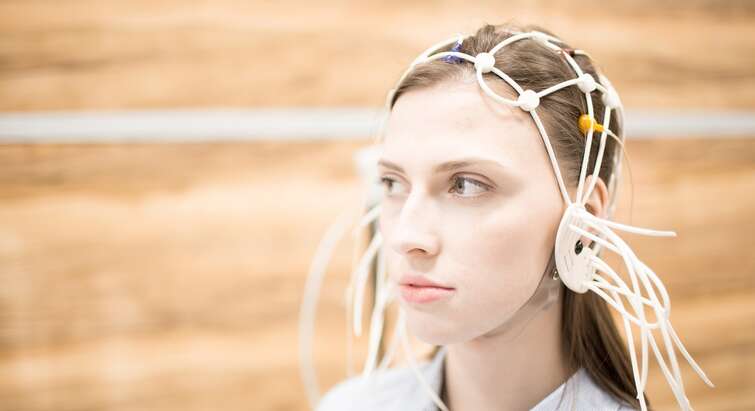
News about Technology
Viser 241 til 264 af 302 dokumenter.


Computers can now predict our preferences directly from our brain

All Danish universities join forces for the largest research and tech fair in the Nordic region
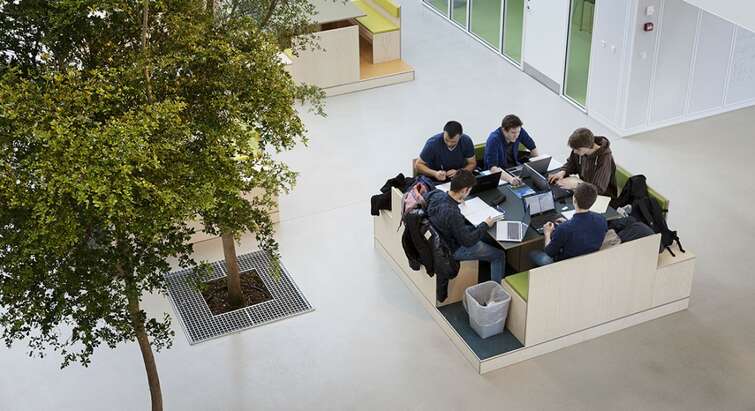
Big Brother isn’t always as clever as we think

“Life in the time of Covid-19” is the focus of the QE Data Challenge co-organized by CDE staff
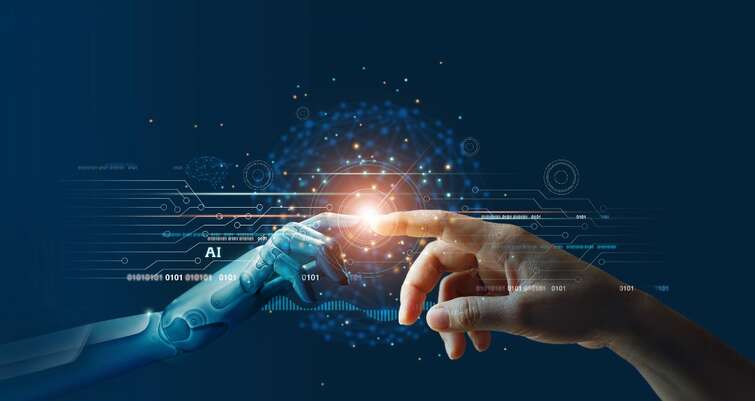
Leading American researcher and DKK 350 million will take Danish artificial intelligence research to new heights

Leading American researcher and DKK 350 million will take Danish artificial intelligence research to new heights

CHAMELEON: New research network focusing on the key role of virtual laboratories

Classic math conundrum solved: Danish computer scientist has developed a superb algorithm for finding the shortest route

How robotics will affect humanity and nature in the future
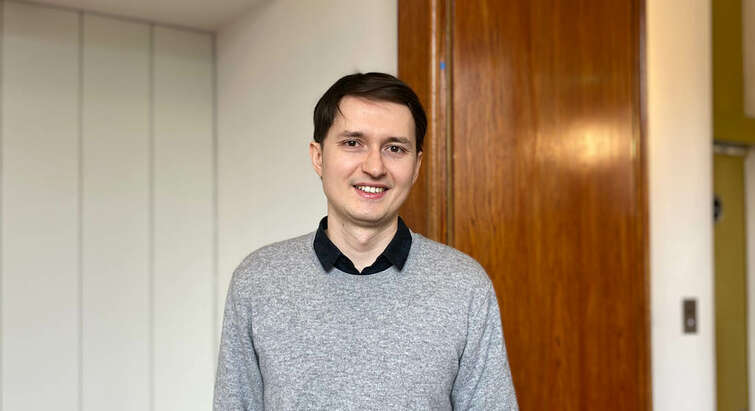
Big grant enables young researcher to develop AI solution for pancreatic cancer
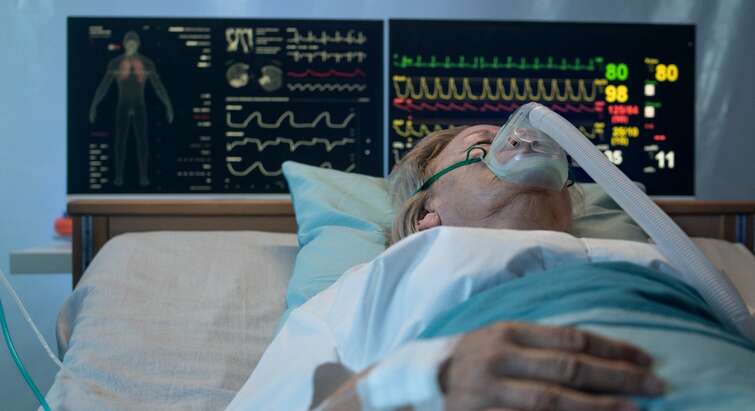
Computer can determine whether you’ll die from COVID
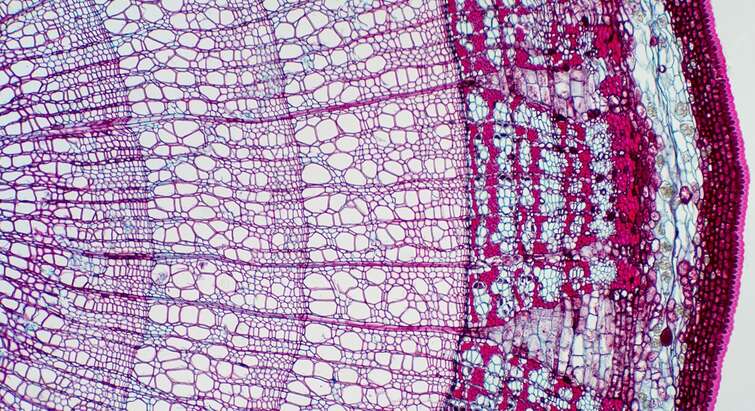
Wood formation can now be followed in real-time - and possibly serve the climate and builders of tomorrow
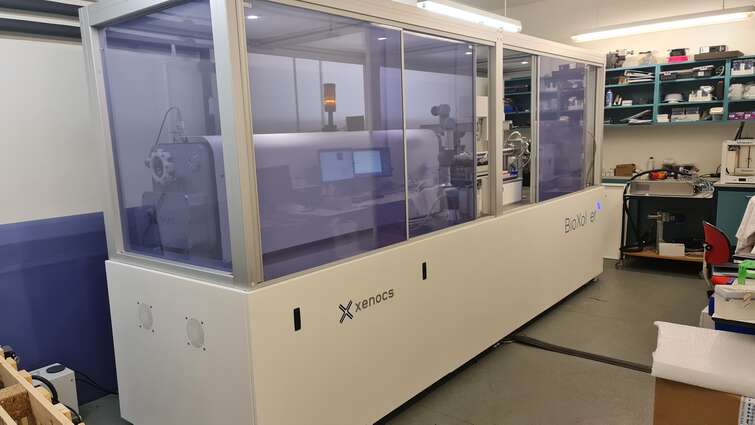
CPHSAXS, the In-House Biological Small-Angle X-Ray Scattering (SAXS) Facility at UCPH
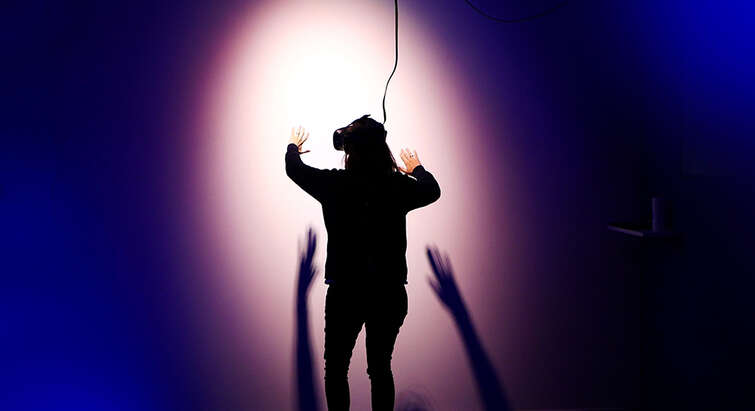
Virtual reality will help us in communicating the social benefits of vaccination
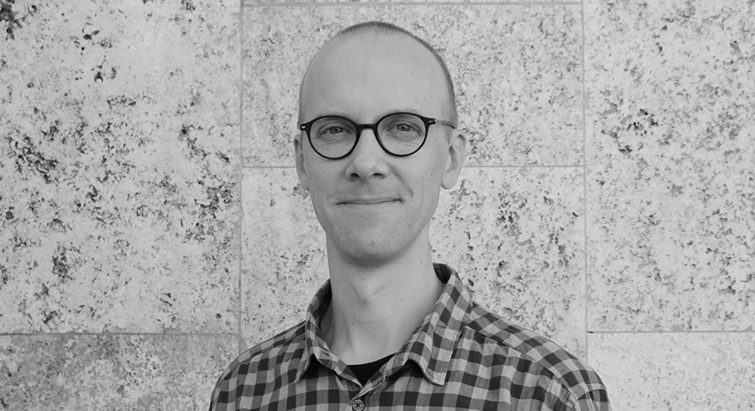
New Professor investigates differential privacy techniques to protect sensitive data
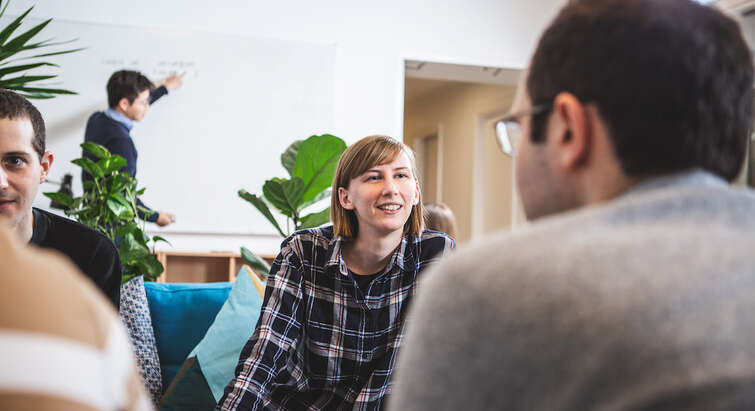
The University of Copenhagen establishes a dedicated NLP research section
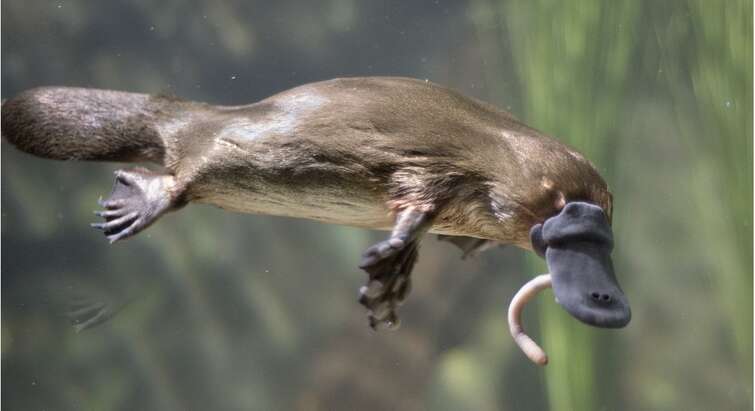
How Earth’s oddest mammal got to be so bizarre

Danish and Chinese tongues taste broccoli and chocolate differently
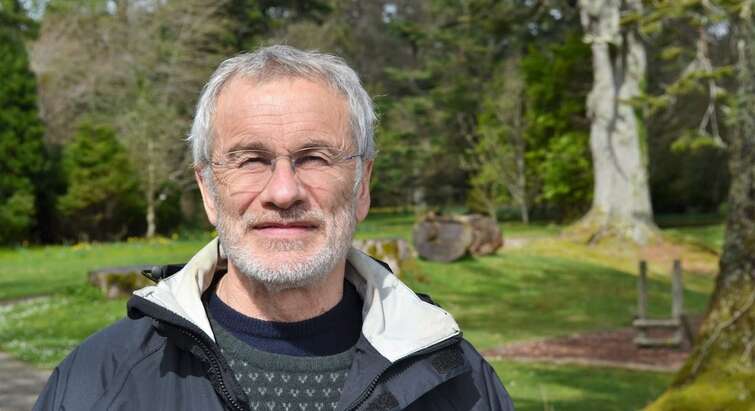
Recognized Cambridge professor joins DIKU: Will help strengthen fundamental research in quantum computation

The ever-elusive riddle: What's the best way to cut Christmas cookies?
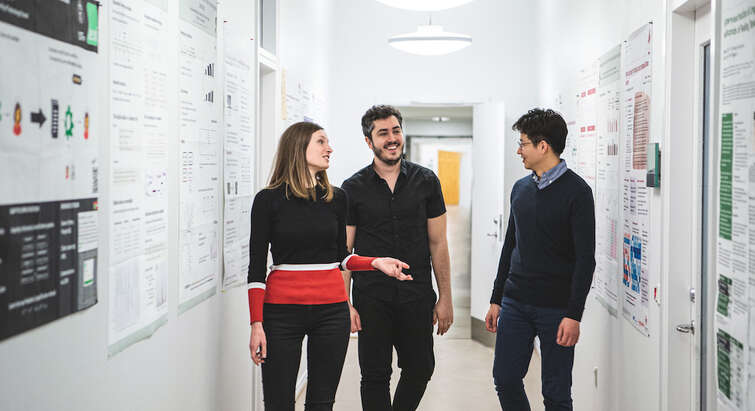
A record number of PhD students has been enrolled at the Department of Computer Science in 2020

New project will support inclusion of people with hearing loss

